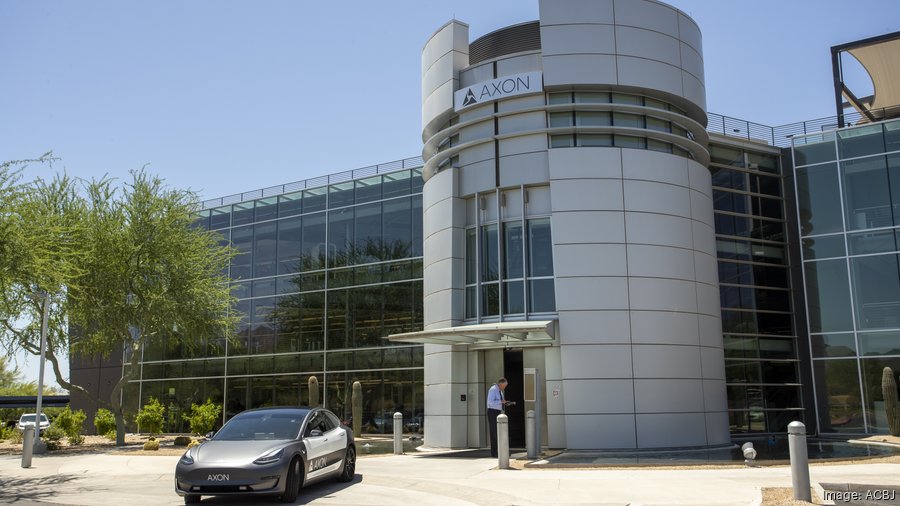AP-NORC Poll: Race, income divide views of schools
Aug 19, 2013, 5:28 PM
WASHINGTON (AP) – Minority and low-income parents are more likely to see serious problems in their schools _ from low expectations to bullying to out-of-date technology and textbooks _ than those who are affluent or white, according to an Associated Press-NORC Center for Public Affairs Research Poll.
Overall impressions of the nation’s schools and teachers are similarly positive among all groups of parents, but deep demographic differences emerge in the details of how parents see teachers, schools and even their own roles in their children’s education.
The divisions fall along the familiar fault lines of income, education and race that drive so much of American life. In many cases, it’s as though parents are looking at two very different sets of schools in this country.
Most parents say the school their child attends is high-quality and rate their children’s teachers positively. White parents are only slightly more likely than others to give their child’s school high marks, and parents of all races give their local schools similar ratings for preparing students for college, the workforce, citizenship and life as an adult.
A majority of parents say their children are receiving a better education than the one they received, but blacks and Hispanics feel more strongly than whites that this is the case. The poll also shows minorities feel they have a greater influence over their children’s education.
And the ways parents assess school quality and the problems they see as most deeply affecting their child’s school vary greatly by parents’ race, education and income level.
Sean Anderson, 30, whose children will be in the third and fifth grades in Waxahachie, Texas, this fall, says their schools are probably fine compared with others near him in Dallas, but he worries their education isn’t as good as it could be.
“I don’t know. Compared to the kids in the U.K.? Probably not,” Anderson said.
Among the findings of the AP-NORC poll:
_Parents from wealthier families were less likely than those from less affluent ones to see bullying, low parental involvement, low test scores, low expectations and out-of-date textbooks as serious problems.
_Parents with a college degree point to unequal school funding as the top problem facing education, while parents without a college degree point to low expectations for students as the biggest challenge.
_Black and Hispanic parents are more apt than white parents to see per-student spending, the quality of school buildings and the availability of support resources as important drivers of school quality.
“Schools in many ways are being parents, role models, providing after-school care. Especially middle schools; they’re babysitting because they’re providing after-school care,” said John Dalton, a 49-year-old father of two from Canandaigua, N.Y, who teaches high school English.
Dalton acknowledged his Finger Lakes-region town is affluent and said money isn’t determining whether the students succeed or fail. But he said he would like his son Patrick’s public Canandaigua Academy to spend more time on rigorous studies.
“The focus isn’t really on learning, it’s on so many different things, and the social aspect has taken over for so many of our students,” he said.
When asked about problems facing students, parents from households earning less than $50,000 a year were more worried than parents making more than $100,000. For example, among less affluent families, 52 percent said bullying was a problem and 47 percent worried about too little parental involvement. Among wealthier parents, those numbers were 18 percent and 29 percent.
Responsibility falls to the parents because teachers aren’t doing their jobs, said John Barnum, a father of five who lives in Las Vegas.
“The educators are not there to participate. They’re there to do a j-o-b,” Barnum said. “The teachers are sending kids home with so much homework. They’re being sent home with homework to have the parents teach them or have to teach themselves.”
Digging into these numbers reveals another wide gap based on race. Fifty-four percent of Hispanic parents and 50 percent of black parents think they have a great deal or a lot of influence over their child’s education. Only 34 percent of white parents share this view.
When asking about school funding, artistic programs and technology, racial identities divided perceptions.
Sixty-one percent of black parents saw inequality in school funding as a problem, compared with 32 percent of white parents. Thirty-six percent of black parents saw insufficient opportunities for musical or artistic pursuits, but just 21 percent of white parents did. And 50 percent of Hispanic parents said a lack of computers and technology was a problem, while 34 percent of black parents and just 16 percent of white parents said the same.
Hispanic parents were significantly more likely than white parents to see keeping good teachers as a problem, by a 67 percent to 24 percent margin. Fighting, violence and gangs were a serious concern for 53 percent of Hispanic parents, but only 13 percent of white parents.
There also are clear socio-economic divides on what qualities parents see in good teachers. Parents with less formal education or lower incomes are more likely to emphasize teachers’ academic credentials and experience in the classroom, as are black and Hispanic parents.
The survey was sponsored by the Joyce Foundation, which works to promote policies that improve the quality of teachers, including the development of new teacher evaluation systems, enhance early reading reforms and encourage innovation in public schools.
The AP-NORC Center for Public Affairs Research survey was conducted June 21 through July 22, 2013. The nationally representative poll involved landline and cellphone interviews in English or Spanish with 1,025 parents of children who completed grades K through 12 in the last school year. Interviews were conducted by NORC at the University of Chicago. Results for the full sample have a margin of sampling error of plus or minus 4.1 percentage points; it is larger for subgroups.
___
Associated Press News Survey Specialist Dennis Junius and writer Stacy A. Anderson contributed to this report.
___
Follow Philip Elliott and Jennifer Agiesta on Twitter:
http://www.twitter.com/philip_elliottand
http://www.twitter.com/jennagiesta
___
Online:
AP-NORC Center for Public Affairs Research:
http://www.apnorc.org
(Copyright 2013 The Associated Press. All rights reserved. This material may not be published, broadcast, rewritten or redistributed.)








